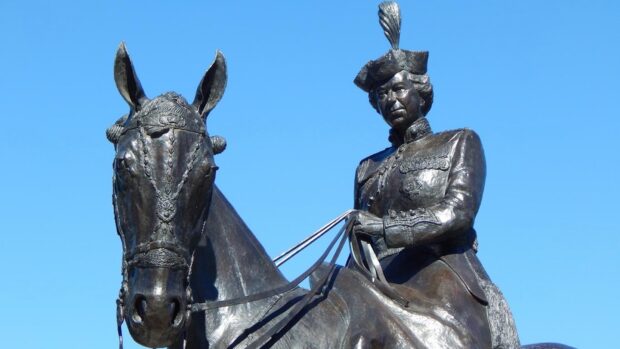A unique archive of animal DNA is to be set up at the University of Liverpool as part of a new research venture by UK Veterinary Schools and the Animal Health Trust.
The archive will contain samples from horses, cats and dogs with a range of specific diseases. The samples will then be able to be used by researchers to investigate genetic and environmental factors that pre-dispose animals to certain diseases.
Annette Barnes, one of the archive administrators explains: “It is very difficult to collect good samples which enable effective research. By combining their efforts, the vet schools are creating a bank, which will vastly increase their research capabilities.
“This is a progressive step in veterinary medicine. Although such archives are fairly common practice in human science, this is one of the first of its kind in Britain.”
As soon as enough samples have been collected, the DNA archive will allow bona-fide researchers to use genetic material to identify the causes of complex genetic diseases in horses, cars and dogs. Once an understanding of the specific disease mechanisms had been reached, scientists can start to develop preventative and curative medicines.
The archive will adhere to strict ethical codes, and an animal owner will have to give informed consent before sample tissue can be placed in the bank. However, the archive will be used for research for the benefit and welfare of the animal population as a whole, rather than for the benefit of individual animals.
In its initial stages, the DNA bank is expected to hold tissue samples from equines suffering from the following conditions, among others:
- Grass sickness
- Sarcoids
- Endotoxemia (colic)
- Tendonitis
- Fractures
- Wobbler syndrome
- Exercise-induced pulmonary haemorrhage
- Melanoma
- Osteoarthritis
Professor John Innes, clinical director of the archive says: “Selective breeding of dogs, cats and horses has had the side-effect of concentrating certain genetic diseases in certain breeds.
“With the help of this archive we will now be able to start to identify genes associated with such diseases. This should help us reduce the prevalence of inherited diseases in the nation’s companion animals.”



